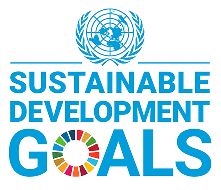Environment
sustainability
We prioritize responsible material sourcing and a continuous reduction of our carbon footprint.
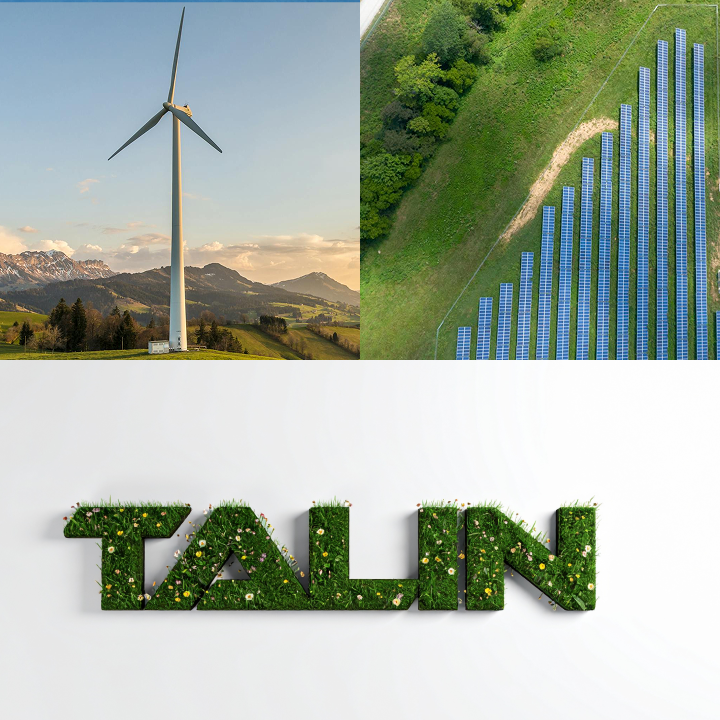
At Talin, we recognize the urgency of addressing climate change and are committed to reducing our
carbon footprint.
Responsible
Consumption
& Production
We prioritize energy management by investing in energy efficiency efficient
technologies throughout our production process.
Our GHG emissions

851.12
tCO2e
Specific Electricity
Consumption

34%
reduction

Minimizing waste is central to our approach — we optimize material use, implement recycling programs, and ensure all waste is responsibly managed. Our manufacturing facilities follow water-efficient practices to conserve resources, while our commitment to transparency drives us to source sustainable, responsibly harvested materials that help customers make informed choices. As part of our broader goal of responsible consumption and production, we are also adopting the UNEP Circularity program to enhance material flow management across our operations.
Innovating
responsibly for a
greener future
By makers who care
Our sustainability commitment is reflected in regular environmental testing through NABL-accredited labs, covering air, water, soil, lux, and noise. Consistently meeting NAAQ, CPCB, and BIS standards, we ensure a safe environment for employees and the community while raising awareness among stakeholders to reinforce our responsibility toward a sustainable future.
Initiatives
Carbon Disclosure Project (CDP) is an international non-profit organization that helps companies, cities, and governments measure, disclose, and manage their environmental impacts. Through its annual reporting process, CDP provides valuable insights and scores that help investors assess climate-related risks and opportunities within their portfolios.

We are committed to achieving a 42% reduction in Scope 1 and Scope 2 greenhouse gas emissions by 2030, using 2022 as our base year. This target, reflecting our dedication to measurable climate action, was officially validated by the Science Based Targets initiative (SBTi) in December 2023.

Currently pursuing


-
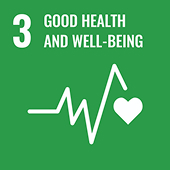
Designing ergonomic, non-toxic furniture that supports good posture while ensuring a healthy indoor environment.
-
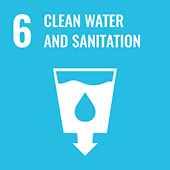
Implementing water management systems to minimize usage and ensure proper treatment and disposal of wastewater.
-
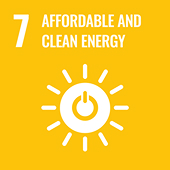
Adopting renewable energy and implementing energy-efficient practices to reduce reliance on fossil fuels and minimize consumption.
-
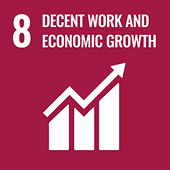
Ensuring fair wages, safe working conditions, and skill development for employees while supporting local economies through nearby sourcing.
-
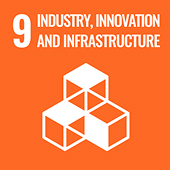
Investing in R&D for sustainable furniture and supporting eco-friendly transportation infrastructure.
-
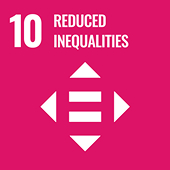
Promoting diversity, equality, and inclusive hiring practices.
-
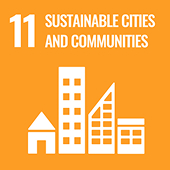
Promoting diversity, equality, and inclusive hiring practices.
-
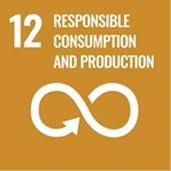
Using sustainable materials and implementing waste reduction and recycling programs.
-
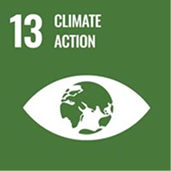
Reducing greenhouse gas emissions, minimizing carbon footprint, and transparently disclosing emissions data.
-
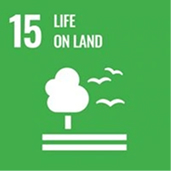
Ensuring responsible sourcing of wood and other materials to prevent deforestation and habitat destruction
-

